As Chair, Professor Julia Buckingham will help to deliver our strategy, prepare for the next core funding bid and promote the UK’s position at the forefront of 3Rs research and development.
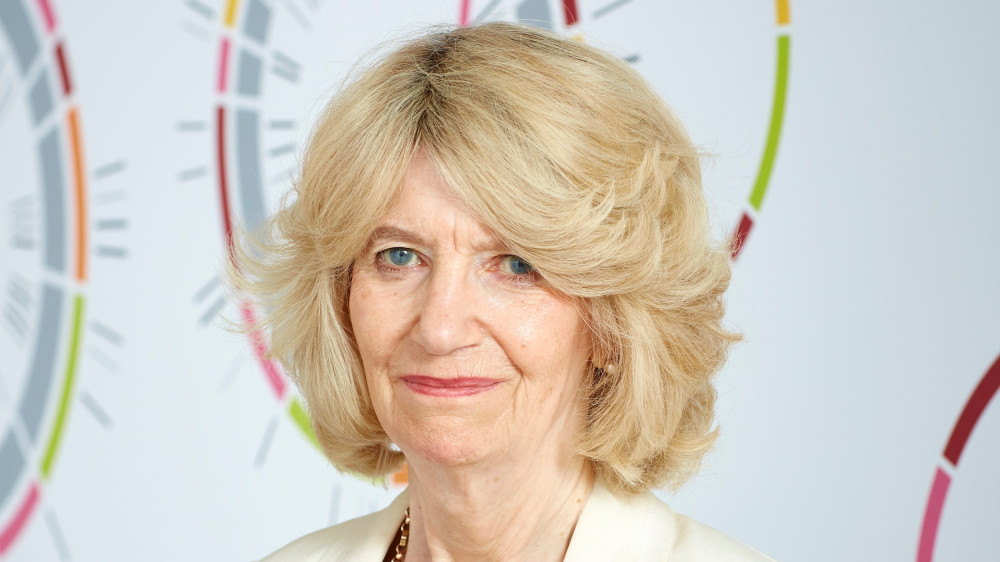
As Chair, Professor Julia Buckingham will help to deliver our strategy, prepare for the next core funding bid and promote the UK’s position at the forefront of 3Rs research and development.

Exploring the value of engagement and a helpful how-to guide for effective communication.
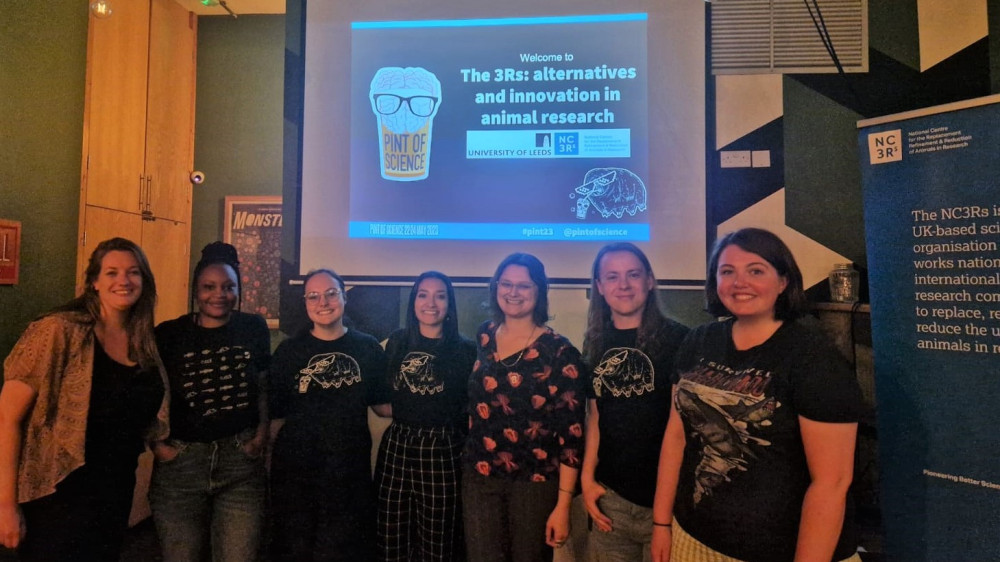
Discover NC3Rs-funded science to replace animals in research to understand and treat stroke.

Four new Challenges have been announced in this year’s open innovation funding competition.
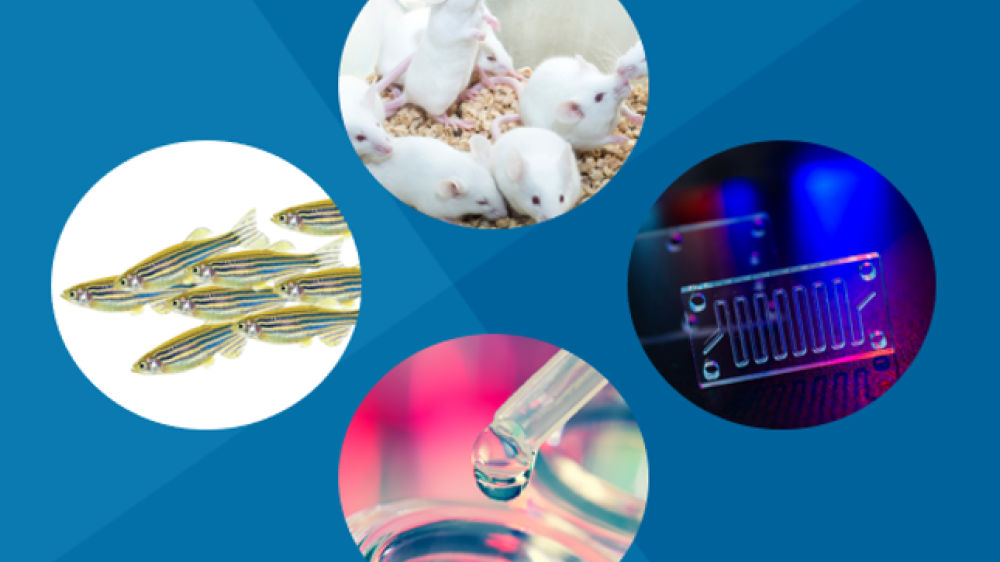
An animal-free organoid model has won the 3Rs Prize, awarded by the NC3Rs and co-funded by GSK.
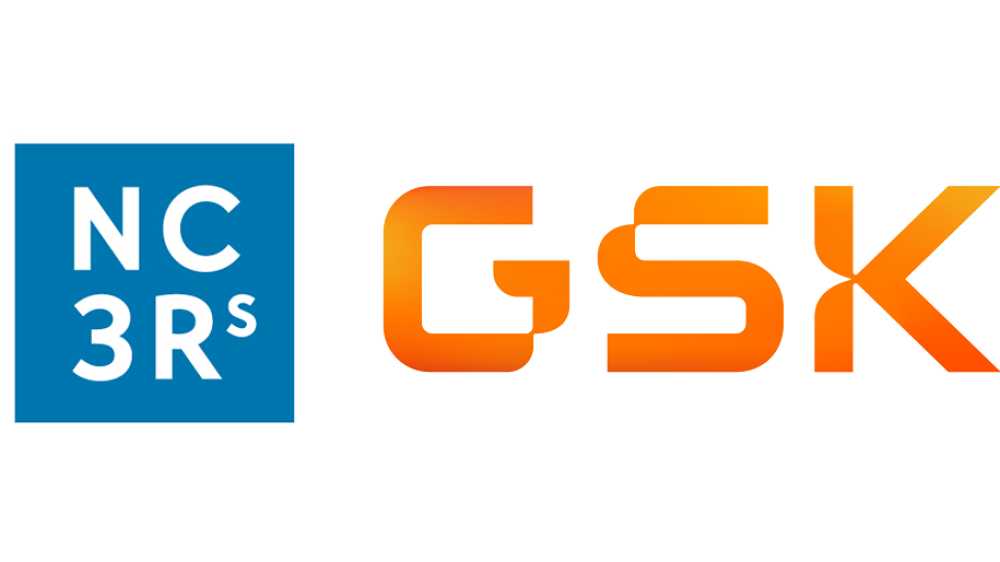
An overview of rodent behavioural monitoring including key initiatives that have supported the adoption of these tools and championed the 3Rs.
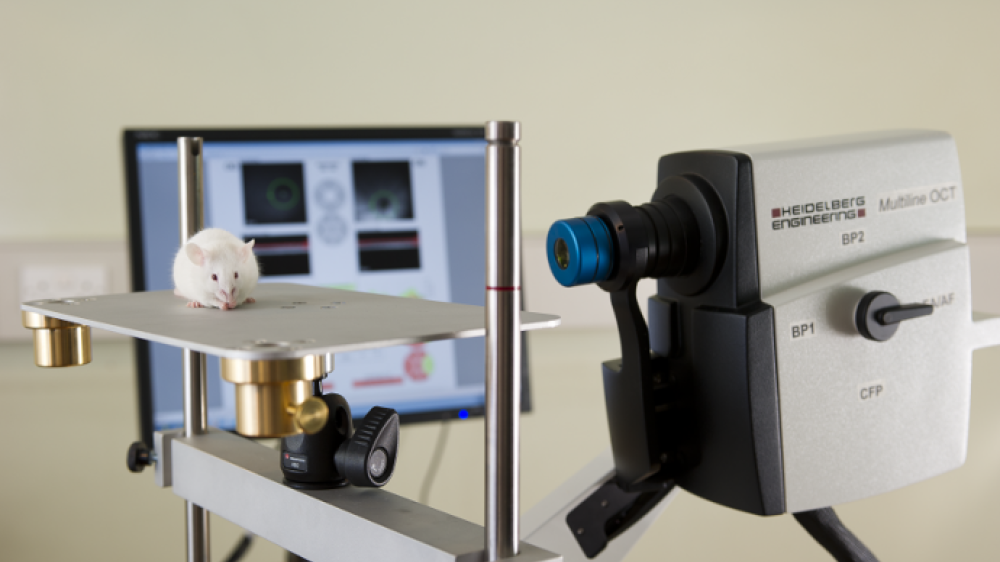
Registered reports involve peer review prior to data collection to reduce bias and build confidence in studies. This blog showcases the first to be published on the NC3Rs Gateway.
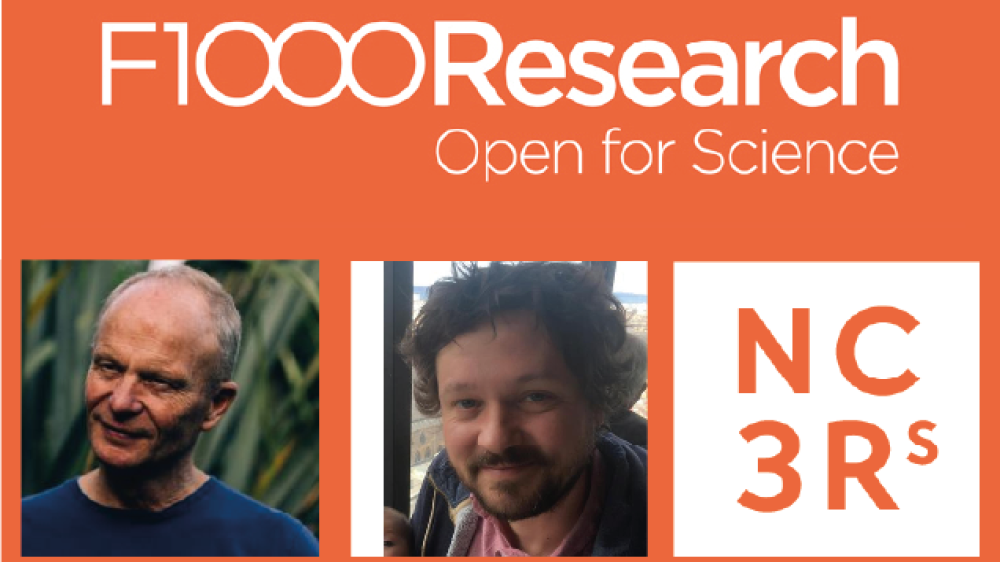
This new and freely available tool will streamline manuscript checks to ensure that animal research is transparently reported in line with ARRIVE Essential 10.

The NC3Rs is seeking a well-connected and ambitious Board Chair to help steer its work over the next three years.
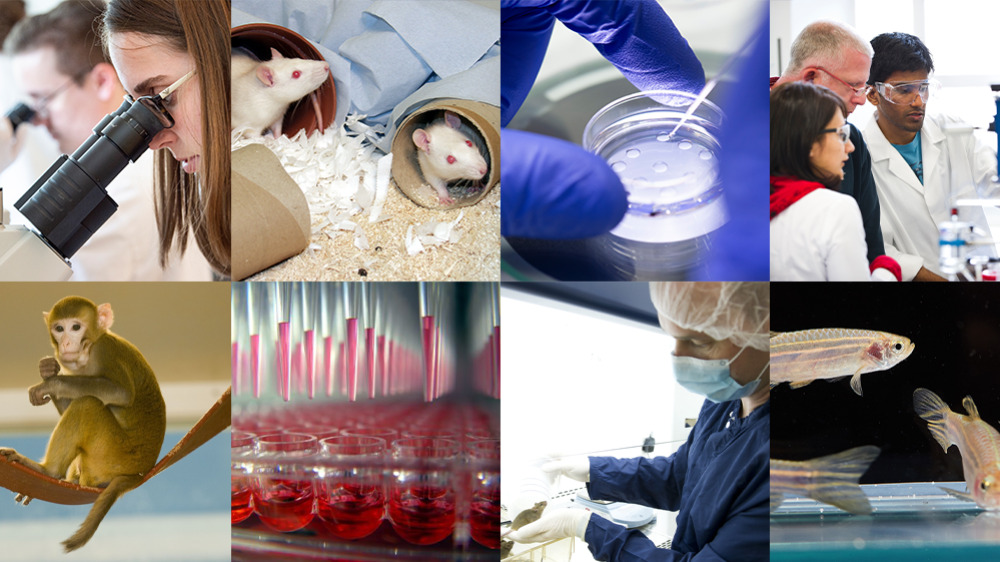
Two new grants to support collaborative projects to identify and validate potential new therapeutic targets.
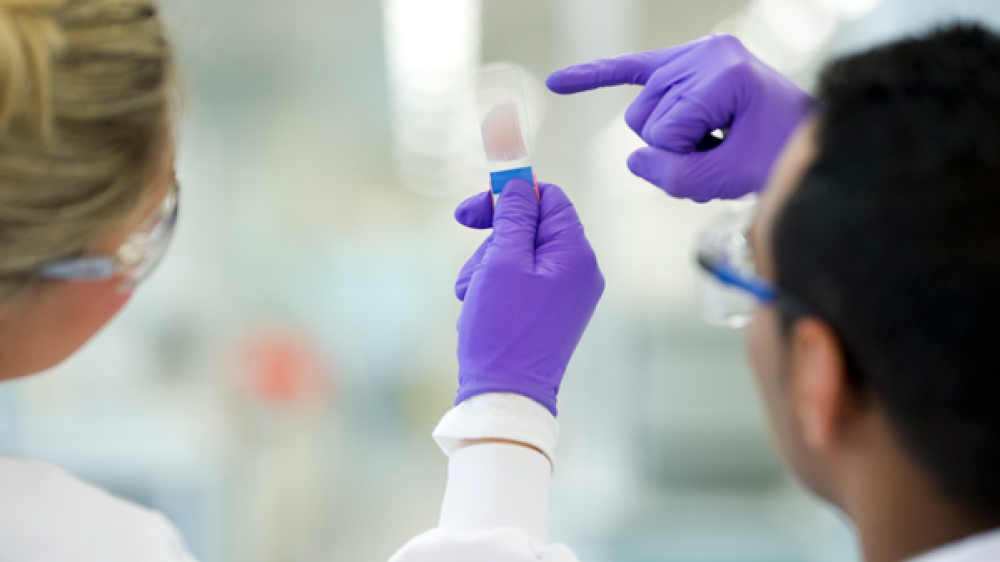
Our first Mega-CRACK IT Challenge which seeks to exploit advances in computational approaches and machine learning to develop a “Virtual Dog” to ultimately replace their use for chronic toxicity studies.

Independent report assesses the 3Rs landscape and makes recommendations to support implementation across the academic community.
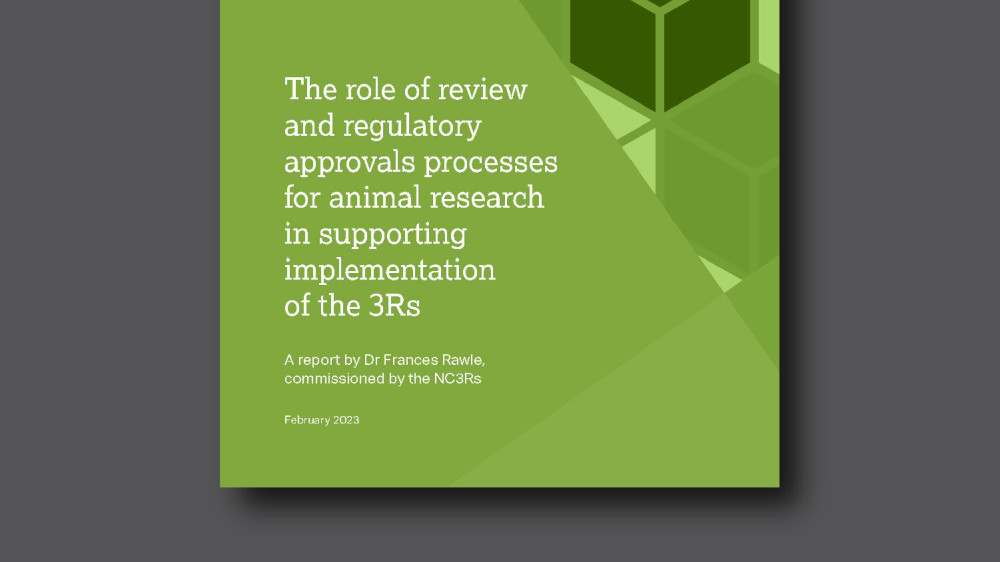
As part of our Technologies to Tools programme, MTI will apply their functional genomics expertise to translate NC3Rs-funded cell-based disease models into industry-ready products and services.
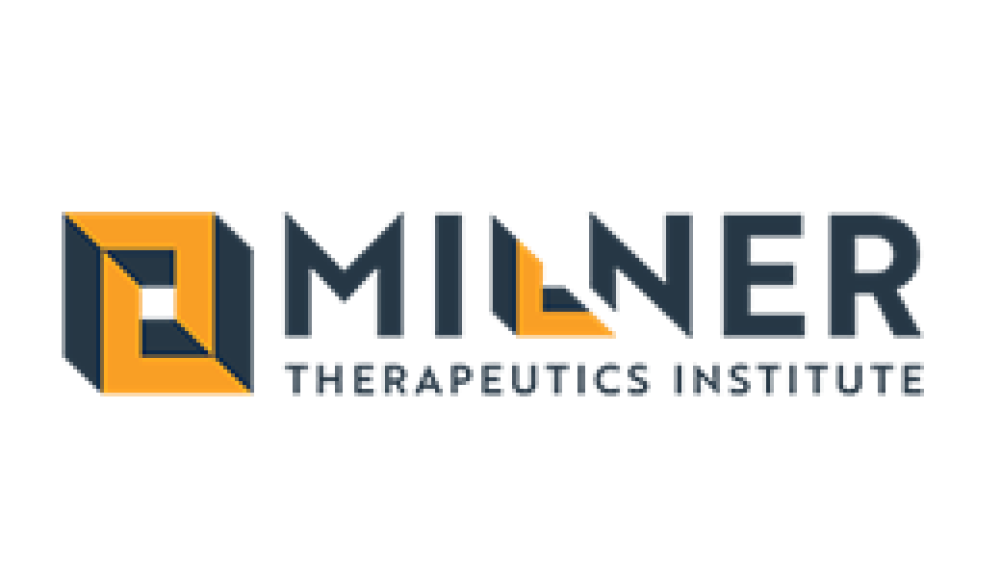
Our top ten announcements and outputs from this year including 100 Tox Team papers published, 150 Project Grant Scheme awards and over £50M committed to replacement projects.
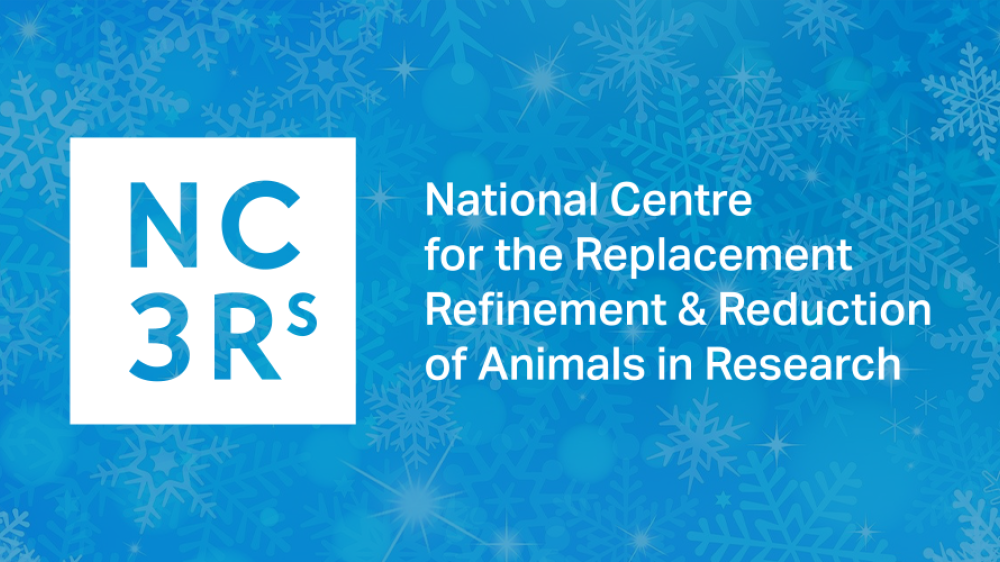
We are pleased to announce that Professor Cathy Abbott and Dr Andy Scott are joining the NC3Rs Board.

Announcing 24 projects through a joint call to develop the next generation of alternatives to in vivo models.
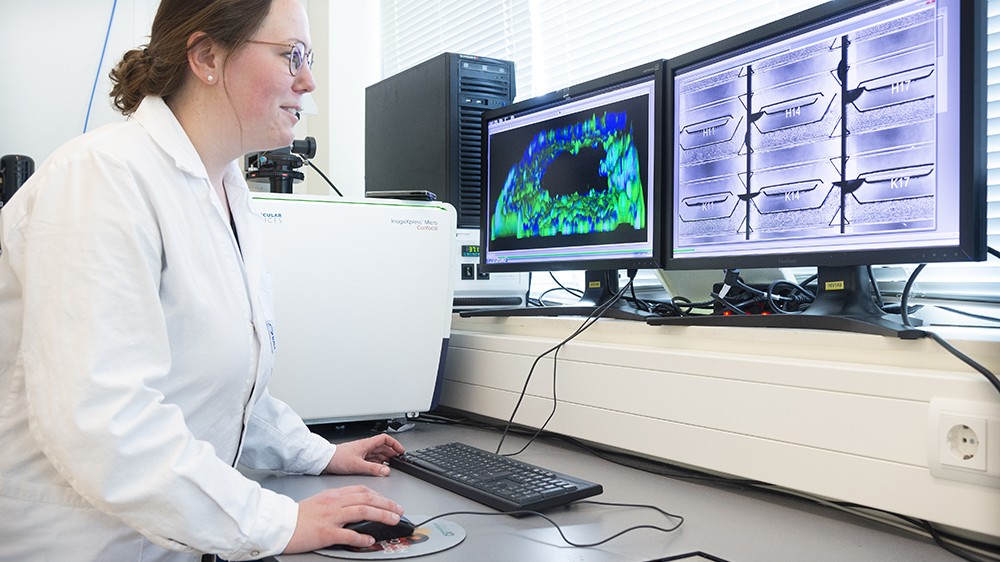
Over £1M awarded to exceptional 3Rs research and training projects
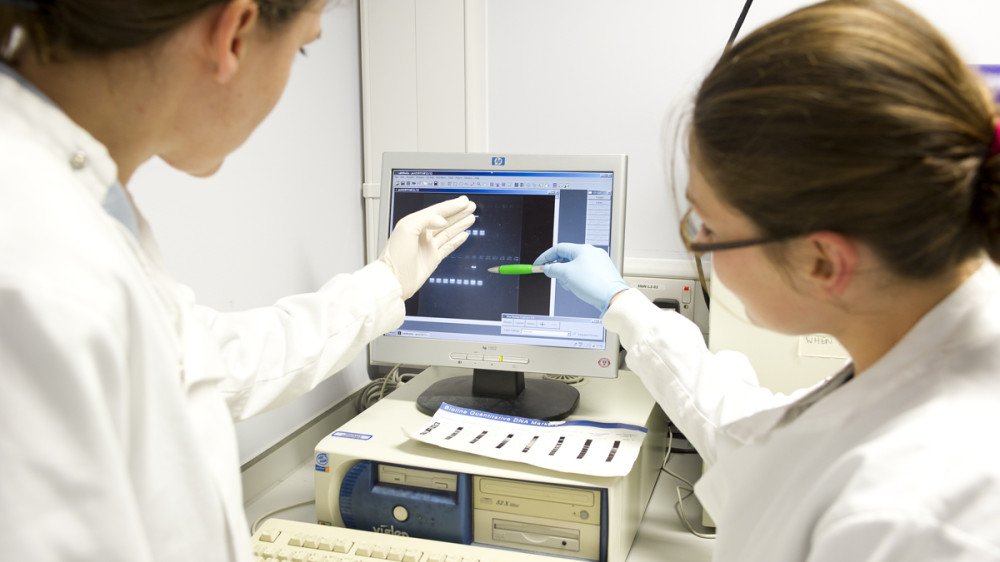
We have recently passed the milestone of awarding over £50M to replacement methods through our funding schemes.
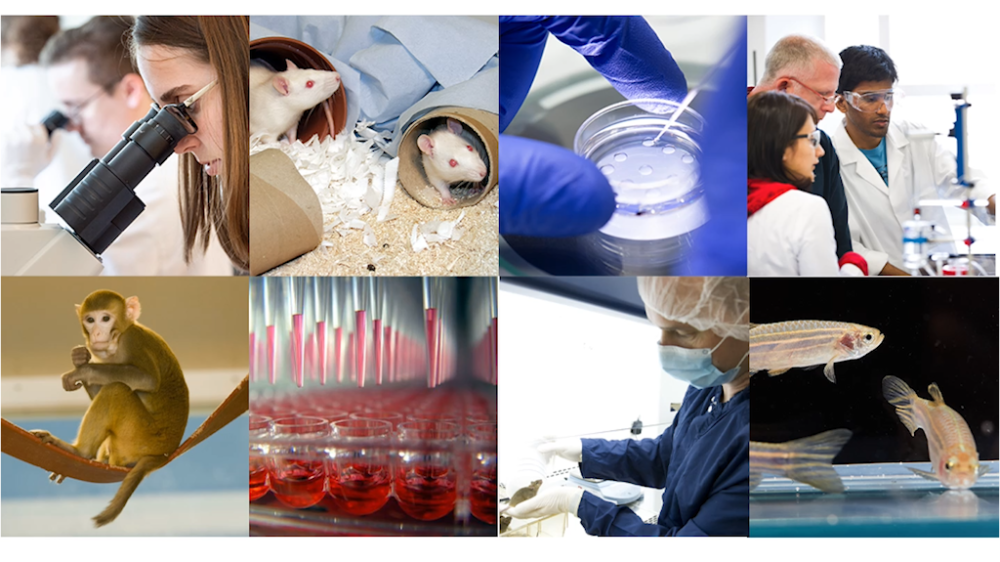
Supporting the wider adoption of non-animal derived antibodies to realise scientific and animal welfare impacts.
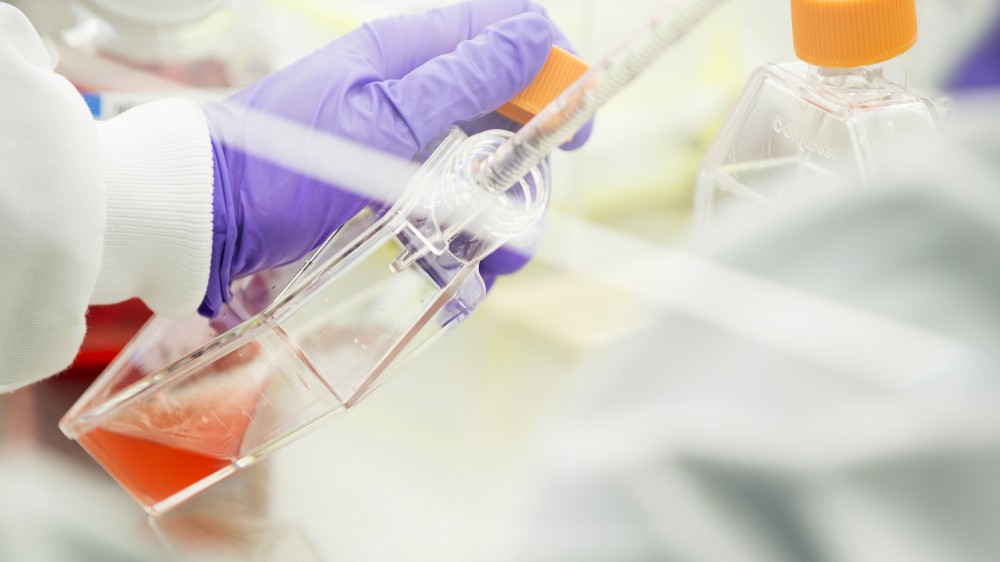
An NC3Rs working group has published recommendations and guidance on best practice for high-yield rodent behavioural experiments.
